Discover Misquoting Jesus with Bart Ehrman
Misquoting Jesus with Bart Ehrman

Misquoting Jesus with Bart Ehrman
Author: Bart Ehrman
Subscribed: 1,727Played: 88,930Subscribe
Share
Description
"Misquoting Jesus" is the only show where a six-time New York Times bestselling author and world-renowned Bible scholar uncovers the many fascinating, little known facts about the New Testament, the historical Jesus, and the rise of Christianity. The show features Dr. Bart Ehrman and host, Megan Lewis.
169 Episodes
Reverse
The book of Revelation predicts some incredibly unsettling events, full of suffering and blood. Are these predictions of our own future? Today Dr. Bart Ehrman joins me to talk about what the New Testament's most violent book actually predicts, and whether we should be worried.
The Gospel of Matthew was copied and recopied for hundreds of years before the invention of the printing press - and each new copy introduced new changes to the text. What were those changes, and how do they impact the meaning of the text? Today on Misquoting Jesus, Dr. Bart Ehrman joins me to discuss how scribes changed the gospel of Matthew, and what those changes mean for us.
Ever wondered what Mary, the mother of Jesus, was really like—beyond the nativity scenes and stained glass? This week, Megan Lewis sits down with Dr. James Tabor to dig into the life of the "woman behind the Messiah," exploring surprising theories about Mary's origins, her possible royal and priestly lineage, and her true role in the earliest days of Christianity. Was she really just a humble villager—or something much more? Tune in for a lively conversation that blends historical detective work, ancient drama, and just a pinch of scholarly mischief to help you see Mary as you've never seen her before.
Mary's virginity is a central tenet in most (or all) Christian denominations - but when did the story develop? Today, Dr. Bart Ehrman joins me to talk about where the idea of a virgin birth might have come from, and when it was first introduced into the Christian canon.
Did you know that the "Christmas story" everyone knows, with the shepherds and wise men, is actually an amalgamation of the accounts in the gospels of Luke and Matthew? Today, Dr. Bart Ehrman answers my questions about the inconsistencies in these two narratives, and whether they can be reconciled.
We have hundreds of manuscripts of the Gospel of Mark, and no two are exactly the same. From spelling errors to deliberate, theologically-driven changes, each scribe put their own mark on the gospel. Today, Dr. Bart Ehrman joins me to discuss the hows and whys of these rewrites.
We often talk about copies of the gospels, how different manuscripts differ from one another, and the implications of these differences - but we rarely talk about the original gospel manuscripts. Today on Misquoting Jesus, Dr. Bart Ehrman joins me to discuss what an original text actually is, and why they matter.
The Catholic tradition considers the apostle Peter to be the first Pope and the founder of the church in Rome, but what does the historical record say? Today, Dr. Bart Ehrman joins me to discuss where this idea came from, whether Peter was ever in Rome, and what historians know about the founding of early churches.
Gnosticism is one of the most confusing and enigmatic early Christian groups, whose beliefs were considered secret knowledge meant only for a select few. Today, Dr. Bart Ehrman answers my questions about what Gnostics thought about Jesus - where he came from, what he was doing on earth, and whether or not he was divine.
Have you ever submitted a question to the Misquoting Jesus podcast? Ever heard the answer? Today, Bart and I are going to be doing an entire episode covering listeners questions on the topic of the apostle Paul - keep listening, and we might get to yours!
There are several resurrection stories in the New Testament - including, of course, Jesus himself, but what about the mass resurrection in the gospel of Matthew? Today, Dr. Bart Ehrman joins me to discuss why the righteous were raised from the dead when Jesus came for sinners, and what happened to them after their resurrection.
Marcion, founder of the 2nd century Christian group imaginatively called the Marcionites, had some beliefs that would be cause for stoning in the Life of Brian. This week, Dr. Bart Ehrman joins me to talk about what those beliefs were, Marcion's own personal gospel, and what other christians thought about it.
The gospel of John doesn't mention Jesus' birth from a virgin, doesn't show Jesus' baptism by John, and does absolutely nothing to keep his identity secret - not even don a pair of glasses. This week, Dr. Bart Ehrman joins me to explain why the gospel of John is so drastically different to the rest of the new testament gospels!
The Dead Sea Scrolls preserve the beliefs of the Essenes, an ancient Jewish sect that were, like Jesus and John the Baptist, expecting the end of the world. Dr. Bart Ehrman joins me today to talk about whether Jesus and John were actually Essenes.
If Genesis 1 is an account of the creation of the world, why is the world recreated in Genesis 2? Dr. Bart Ehrman joins me to talk about whether these accounts can be understood as one story, or if something else is going on.
Why on earth would someone study the scripture of a religion that they don't even believe in? Today, Dr. Bart Ehrman joins me to explore that very question!
Mary is known in the canonical gospels as the virgin mother of Jesus - but what else did early Christian writings say about her? Dr. Bart Ehrman joins me today to talk about the Proto-Gospel of James, and what it says about the mother of Jesus!
Have Christians always believed the Bible contains no errors or mistakes, or did this understanding develop over time? Dr. Bart Ehrman joins me to talk about the Christian view of biblical inerrancy!
Understanding where the writers of the gospels got their information is the foundation of source criticism - but how does that work when the original sources are hypothetical? Dr. Bart Ehrman is here today to talk about the Q source!
Even though it was the religious text of Jesus, the Hebrew Bible is consistently overlooked by many Christians. Which is a shame, honestly, because it's a fascinating collection of literature and an incredible historical document. Luckily, today I'm joined by Dr. Joel Baden, expert in the Hebrew Bible, to talk about exactly what it is, and how a group of disparate texts were formed into the collection we see today.





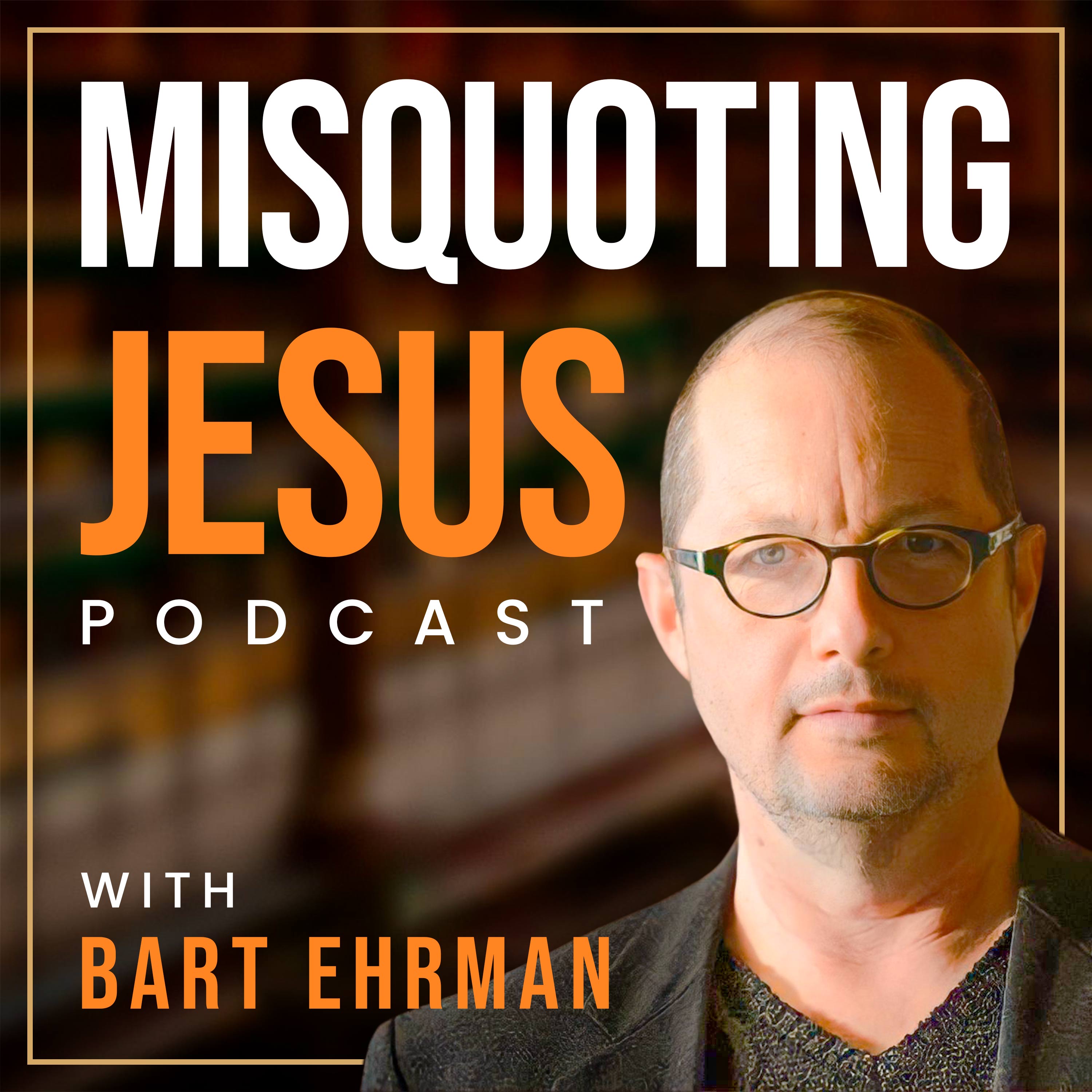
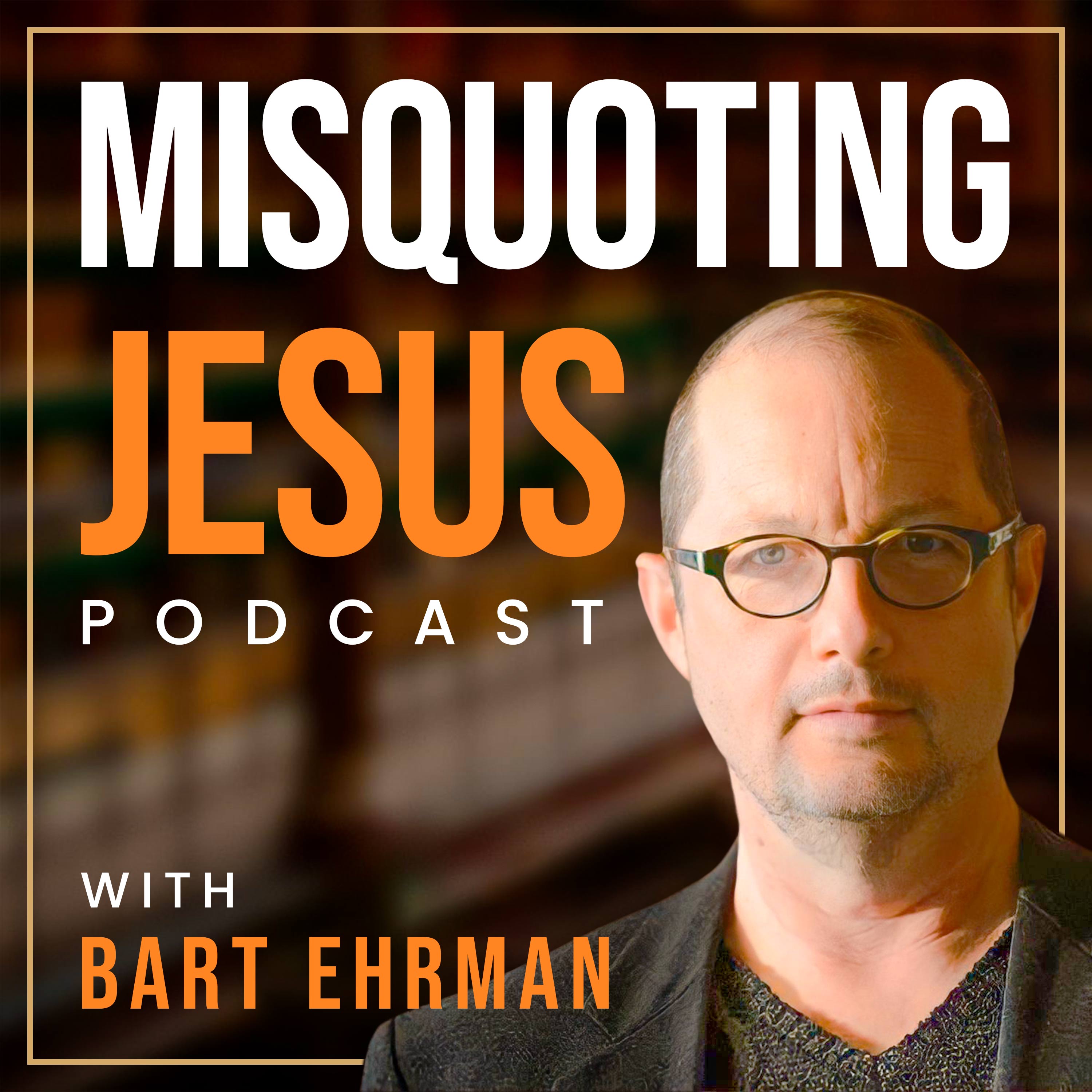
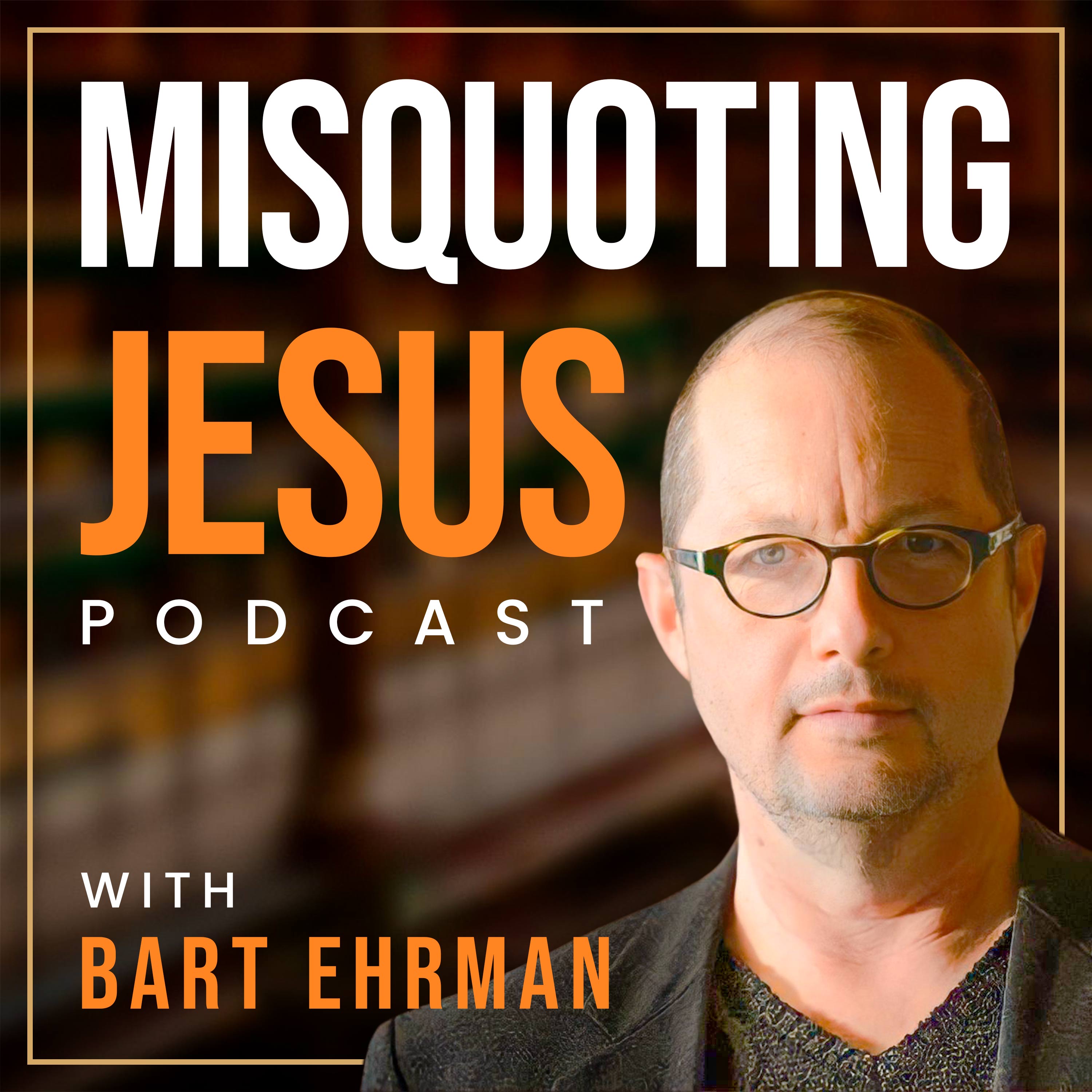
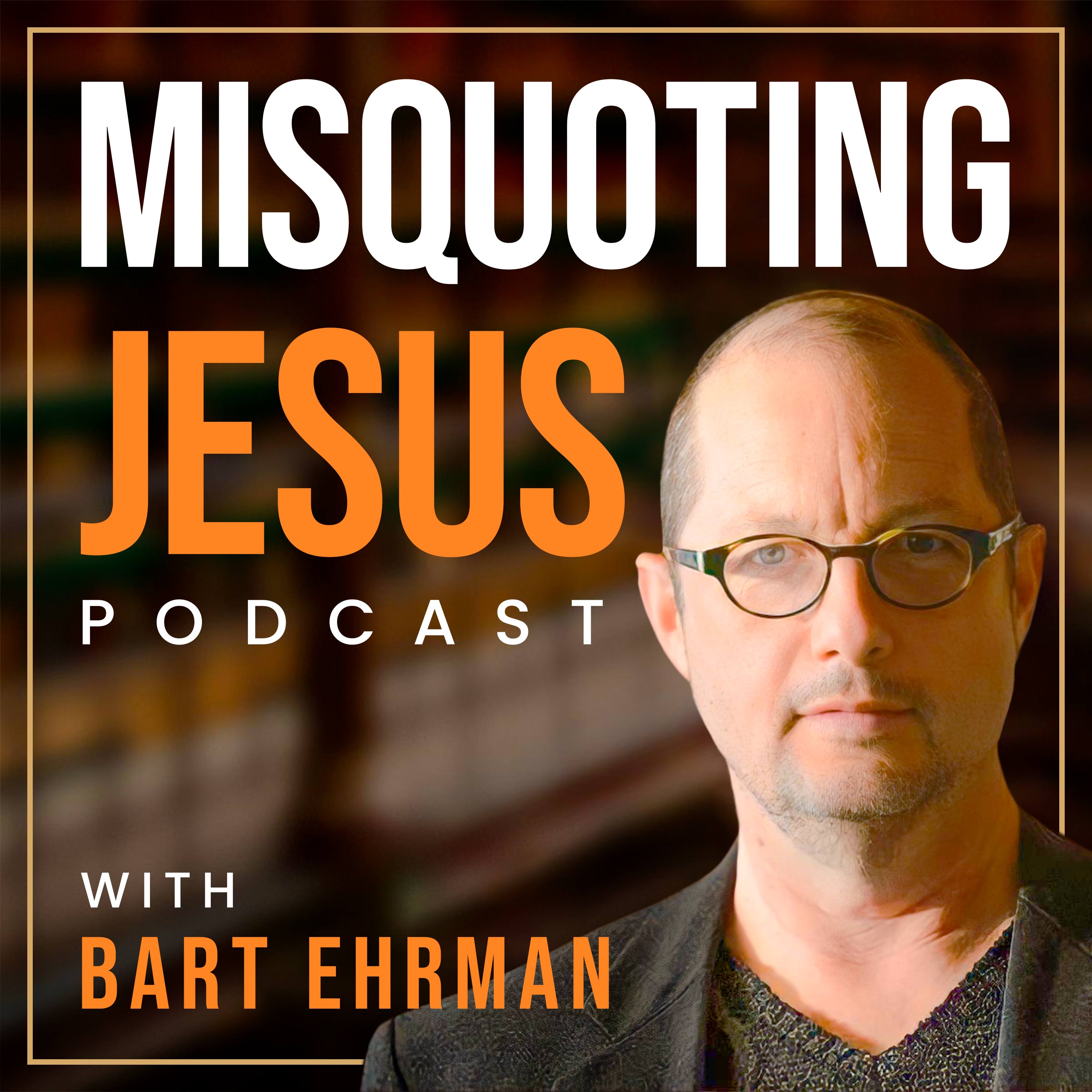

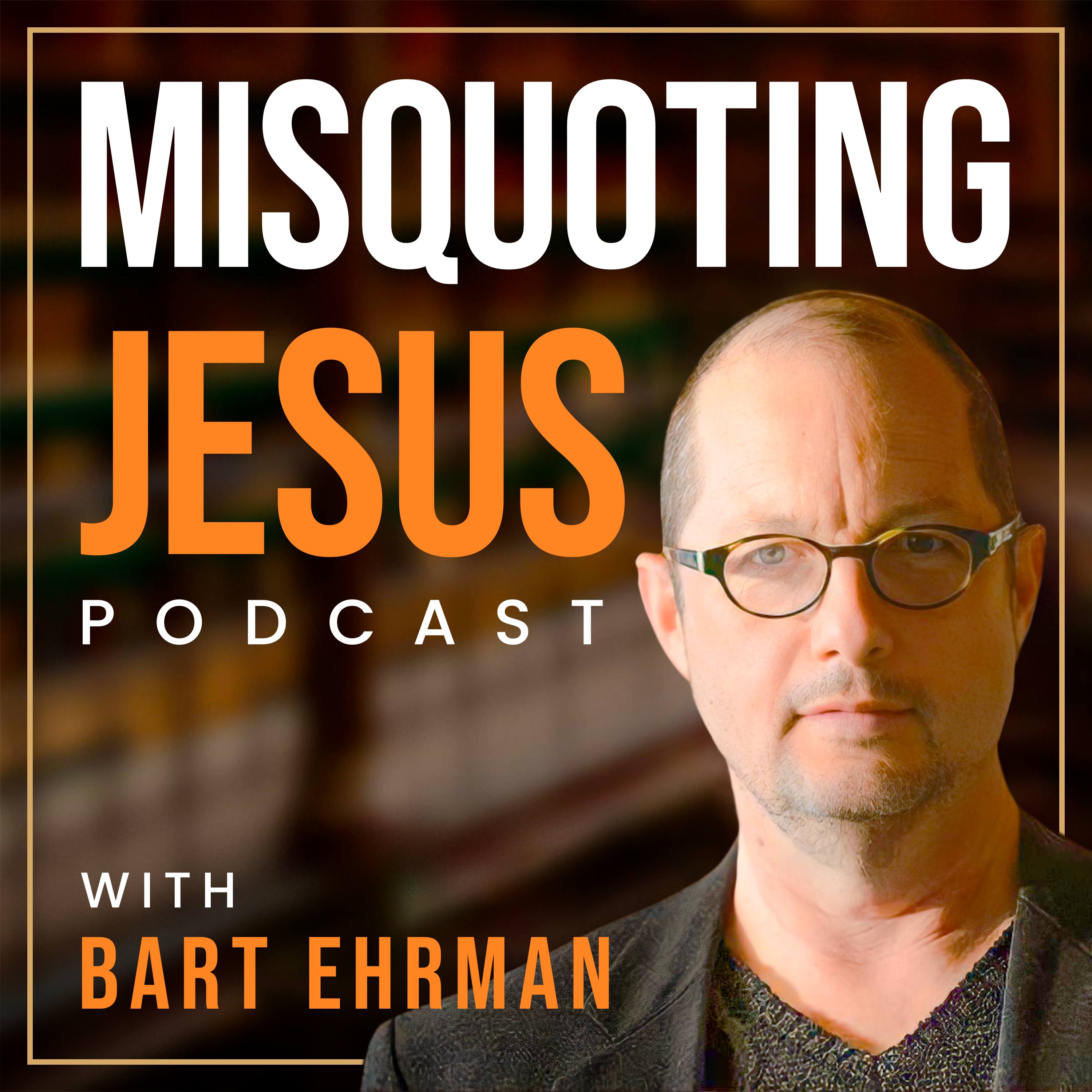
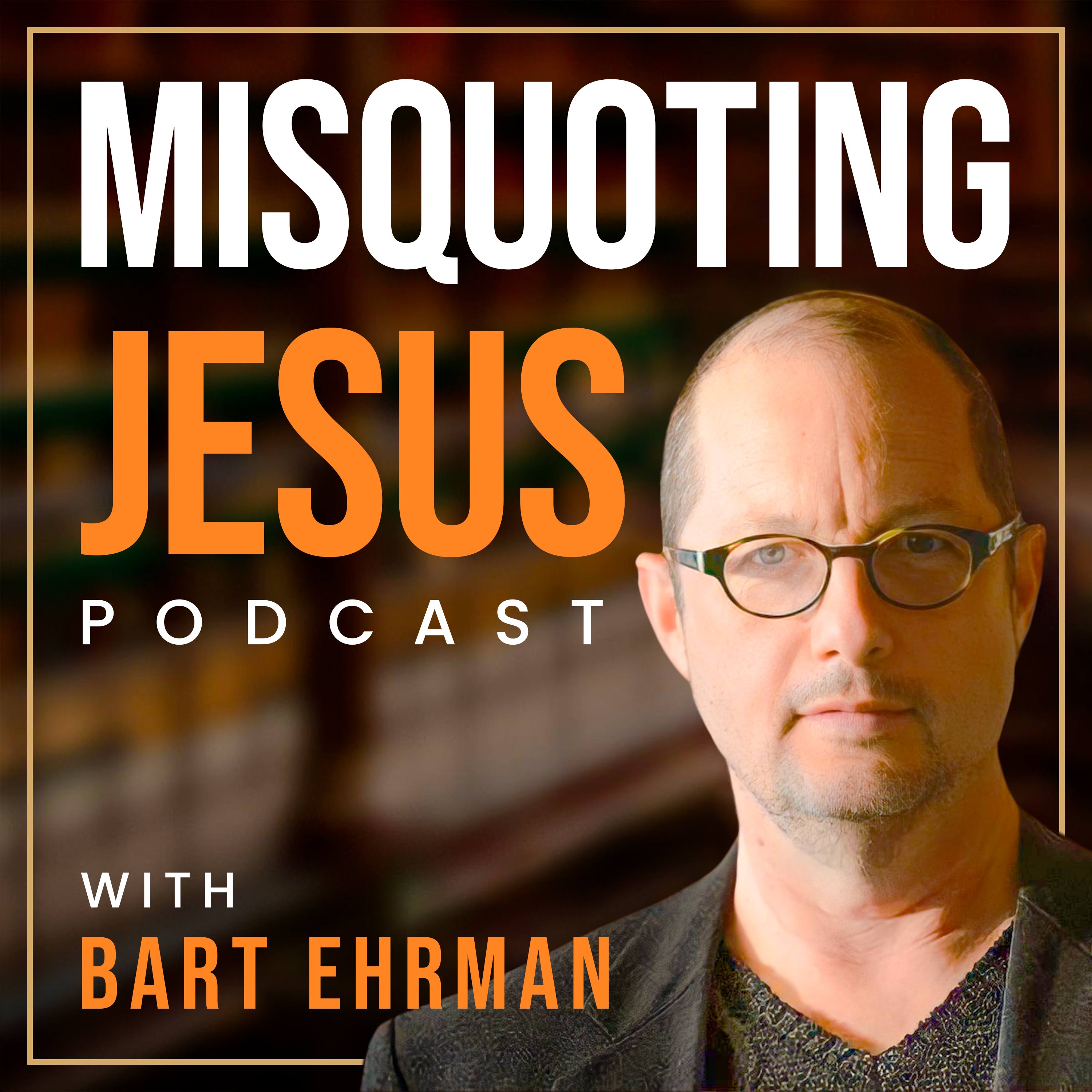
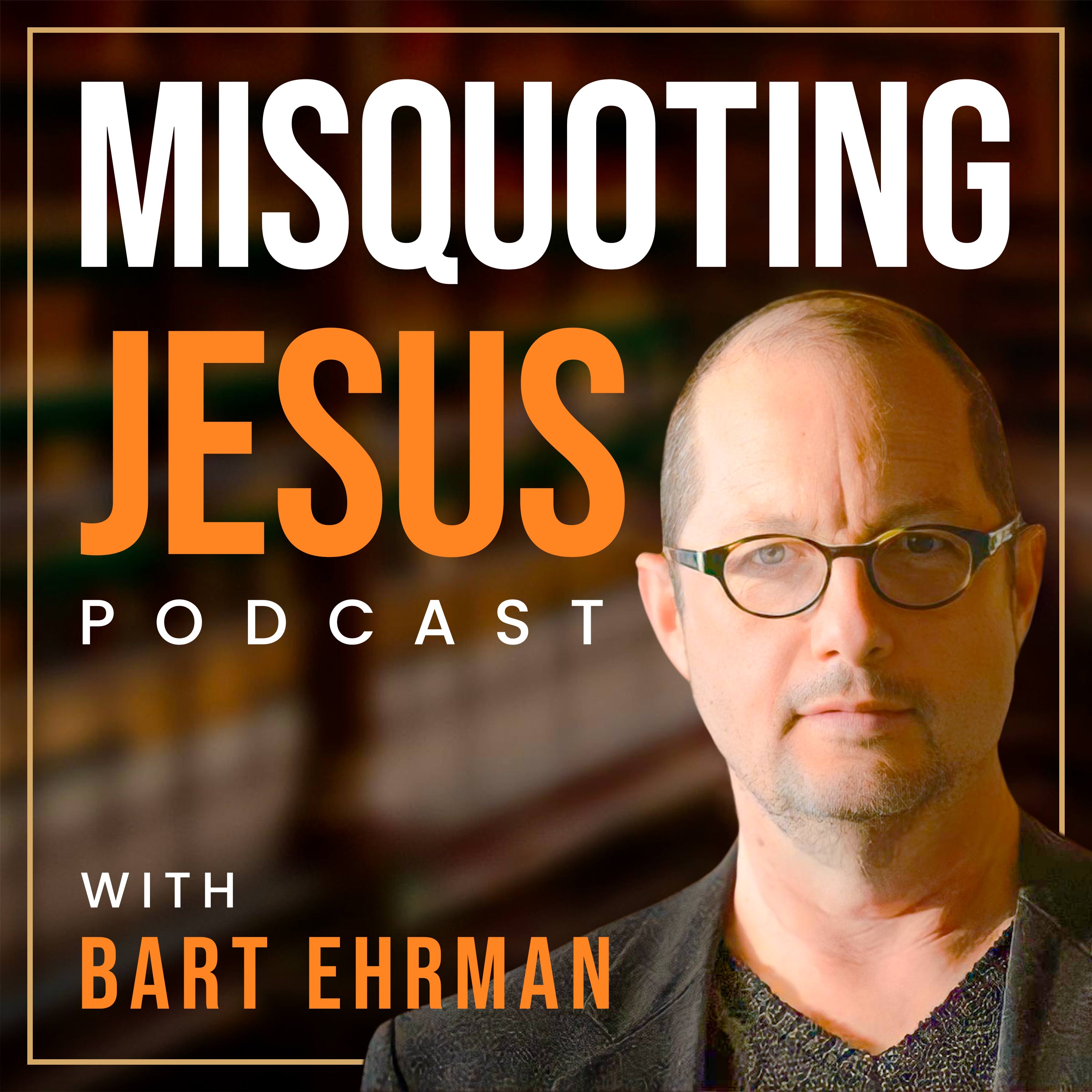
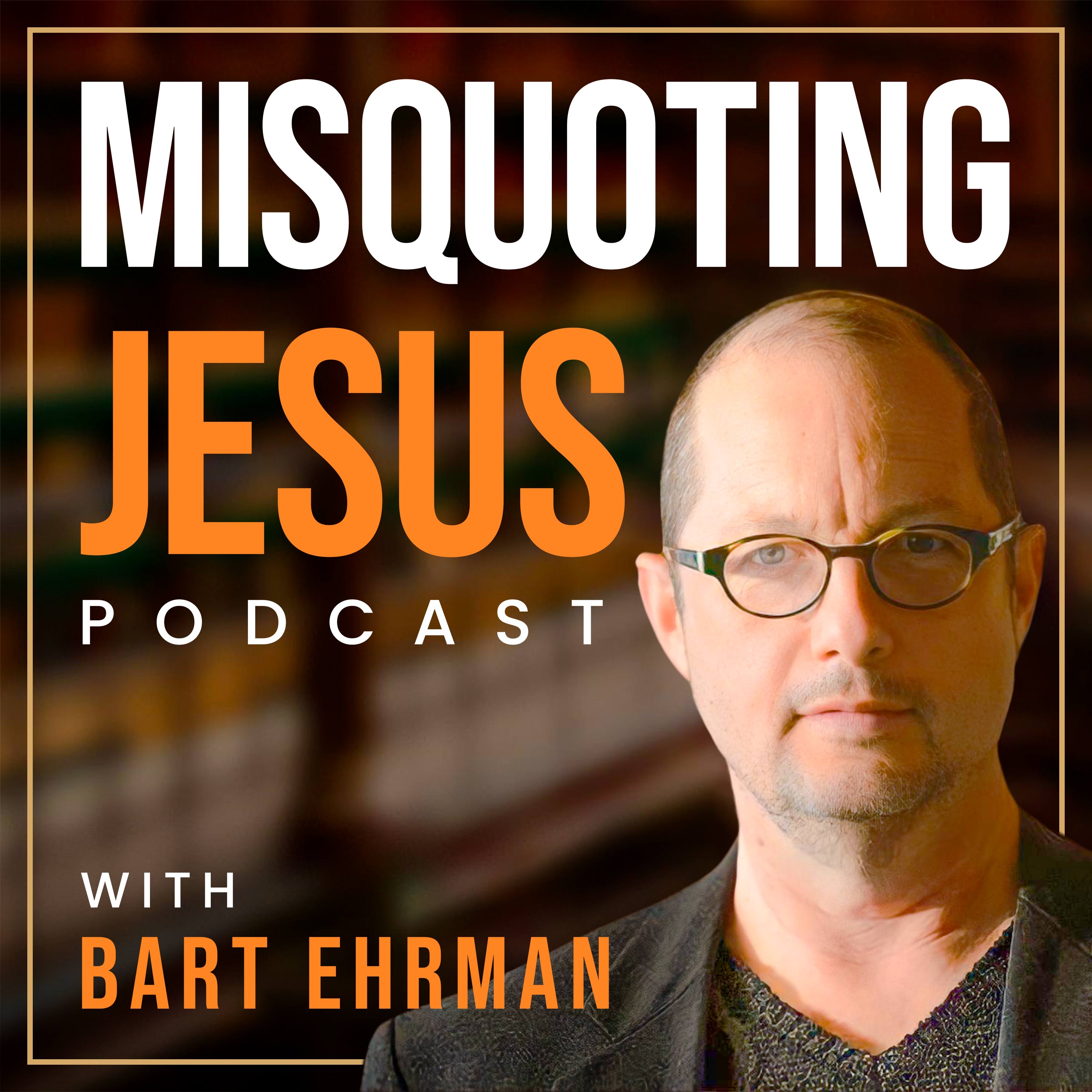
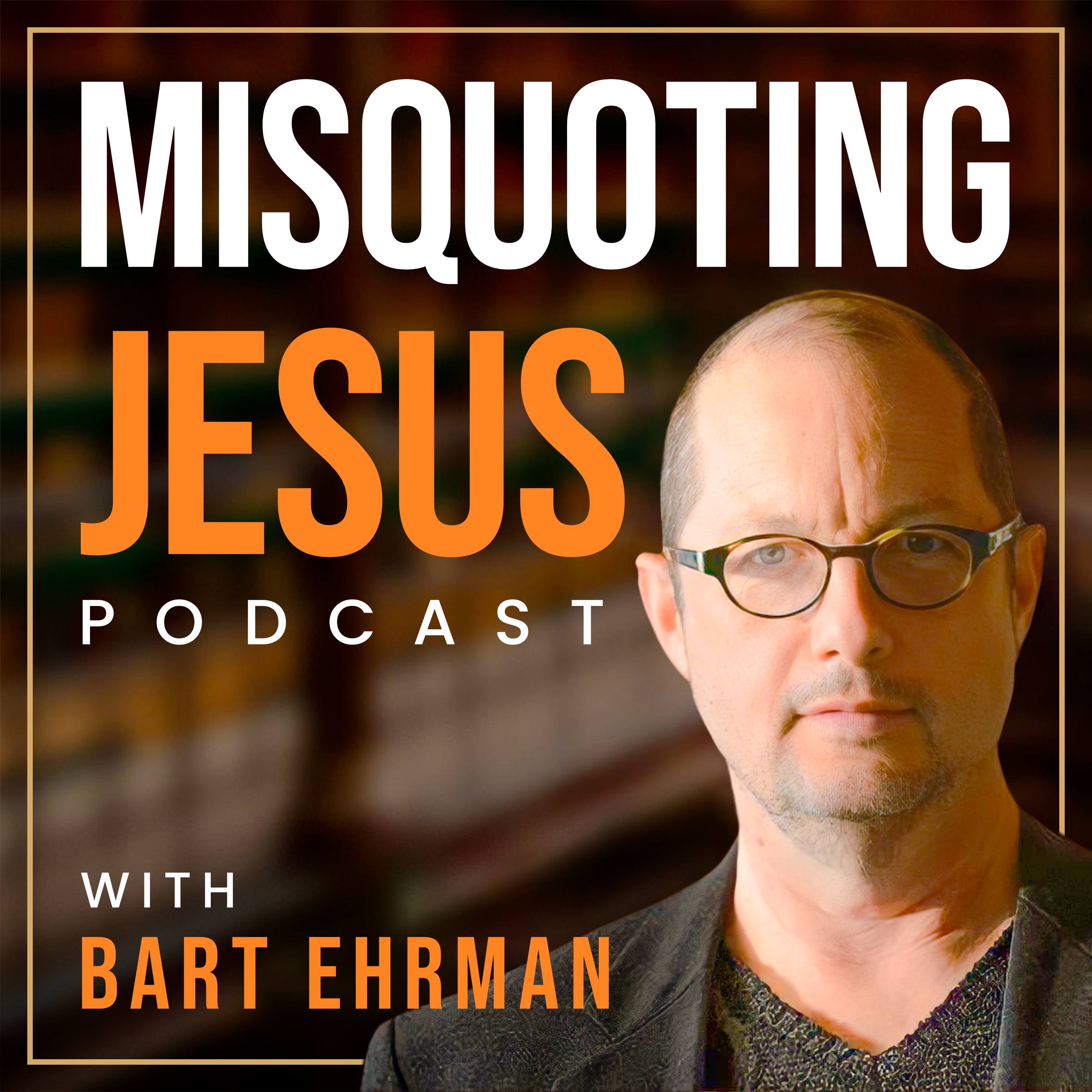
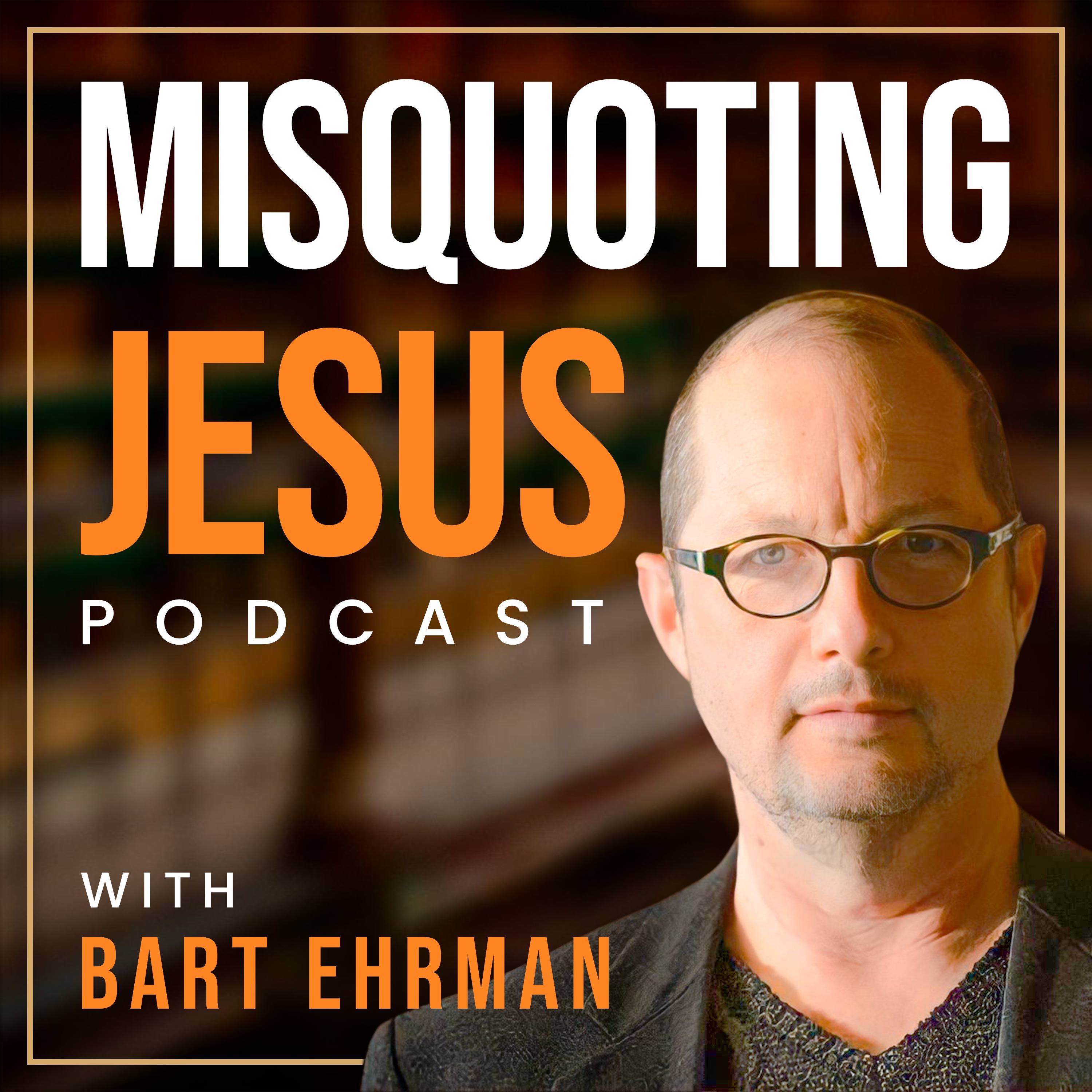
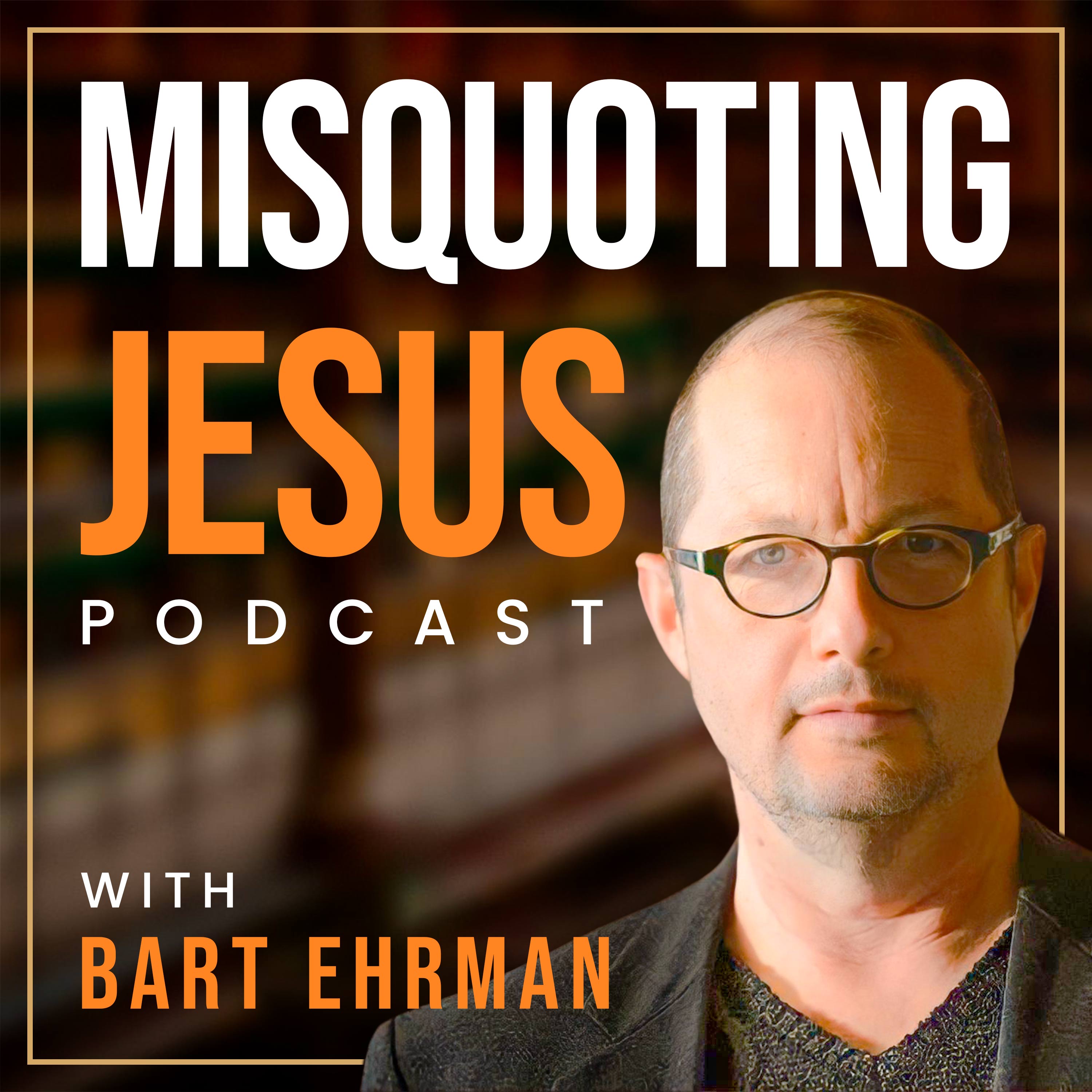



Are the translations correct? Are they mistranslated? The OT and NT condem homosexuality clearly. If the translations are accurate then you just wasted everyone's time with opinions.
1 Peter 5:12 KJV — By Silvanus, a faithful brother unto you, as I suppose, I have written briefly, exhorting, and testifying that this is the true grace of God wherein ye stand. Peter had help in writing, it seems. Peter could have learned later in life. Ehrman has stated before that the Apostles didn't use scribes or dict stion, but this verse shows that he is wrong. If you investigate the alleged contradictions he claims, you find he must be dishonest with himself since they have been answere.
You're apparently willingly ignorant and have no love of the truth.
It's sad how Ehrman can work so hard to deceive himself and then go try to do the same to everyone else.
Give me a break!
What"s happened to Bart's voice? Doesn't sound like him at all!
🔴✅📺📱💻ALL>Movies>WATCH>ᗪOᗯᑎᒪOᗩᗪ>LINK>👉https://co.fastmovies.org
I wonder if a man bed is a lazy SOB.